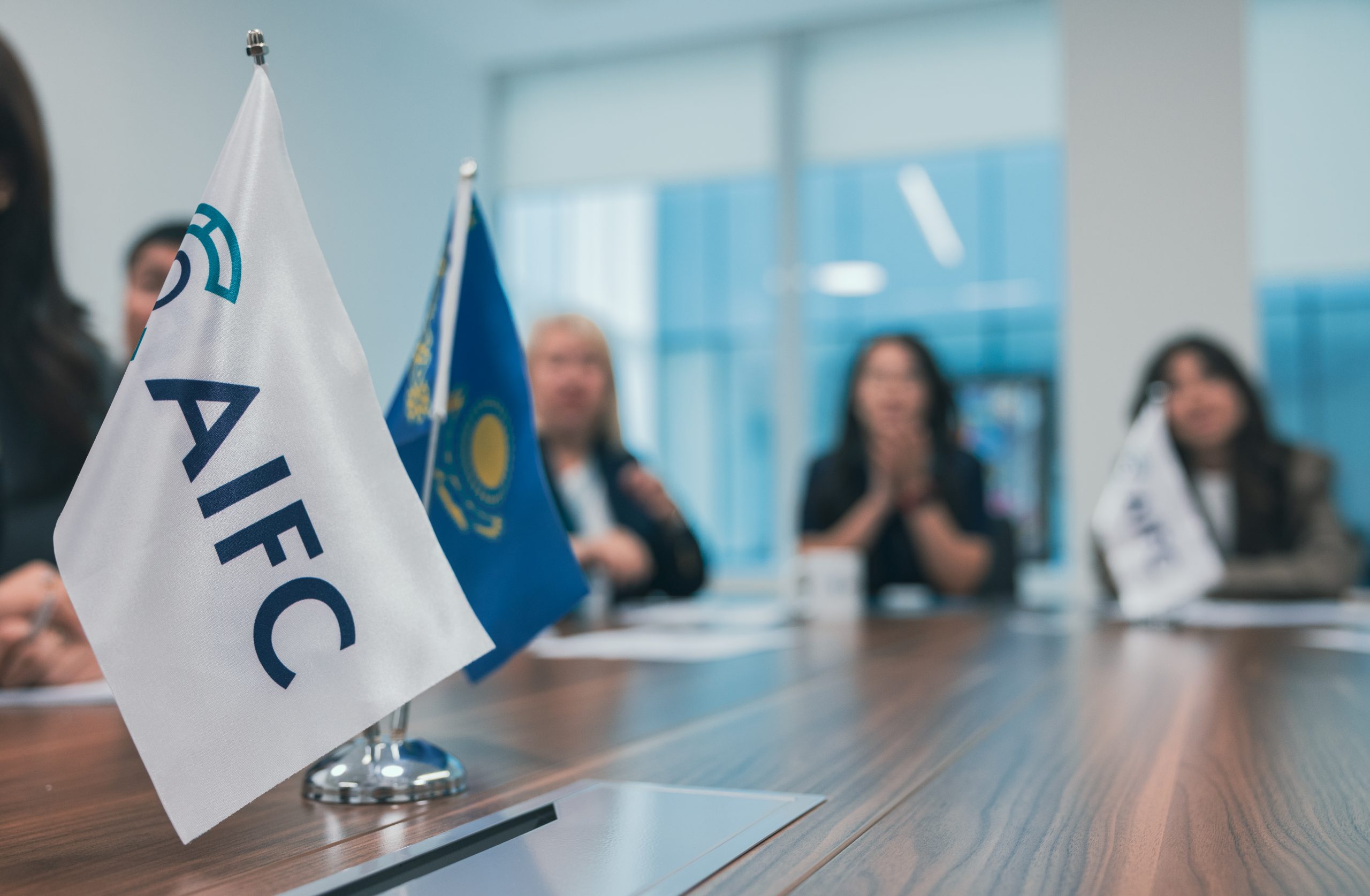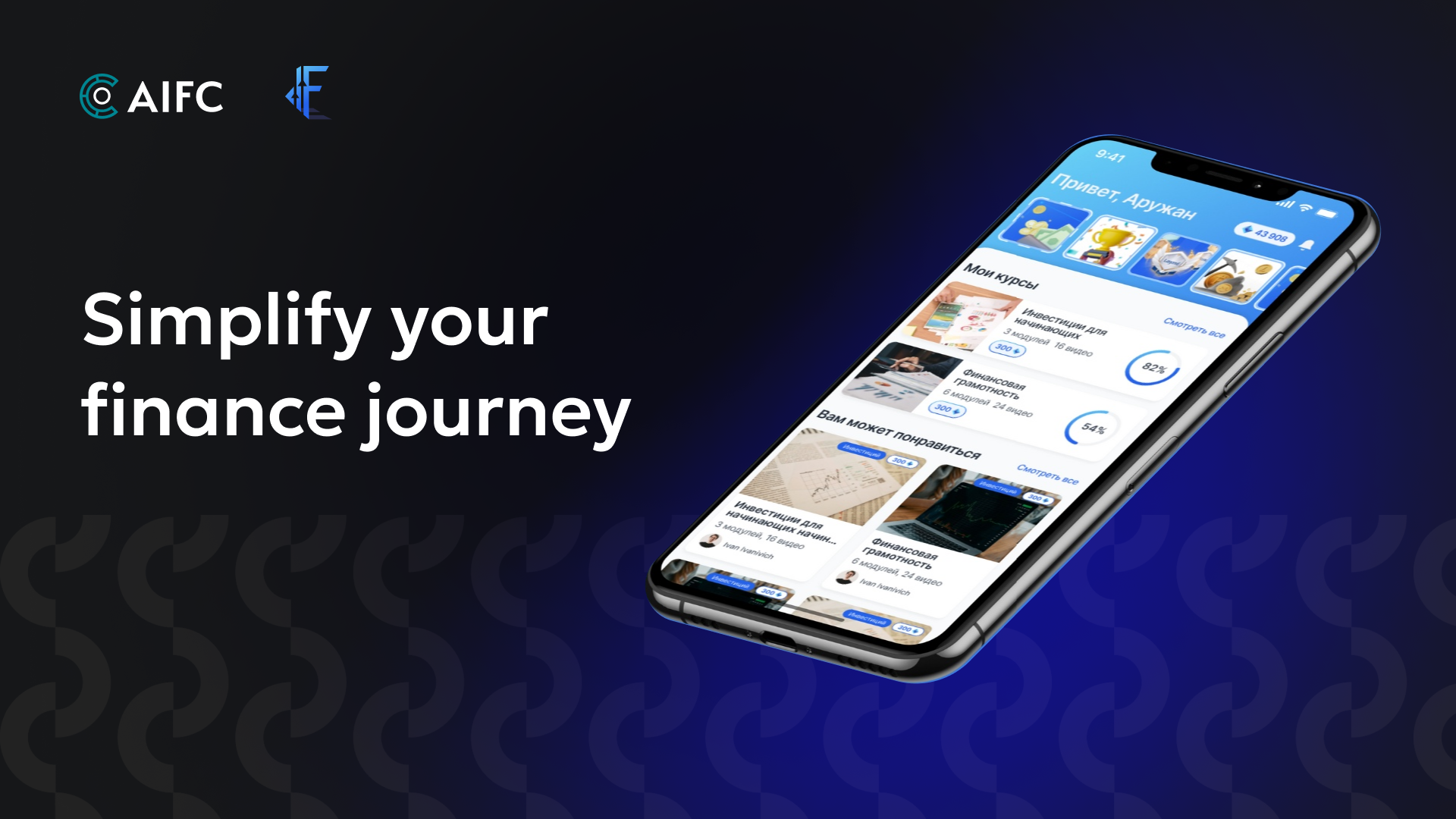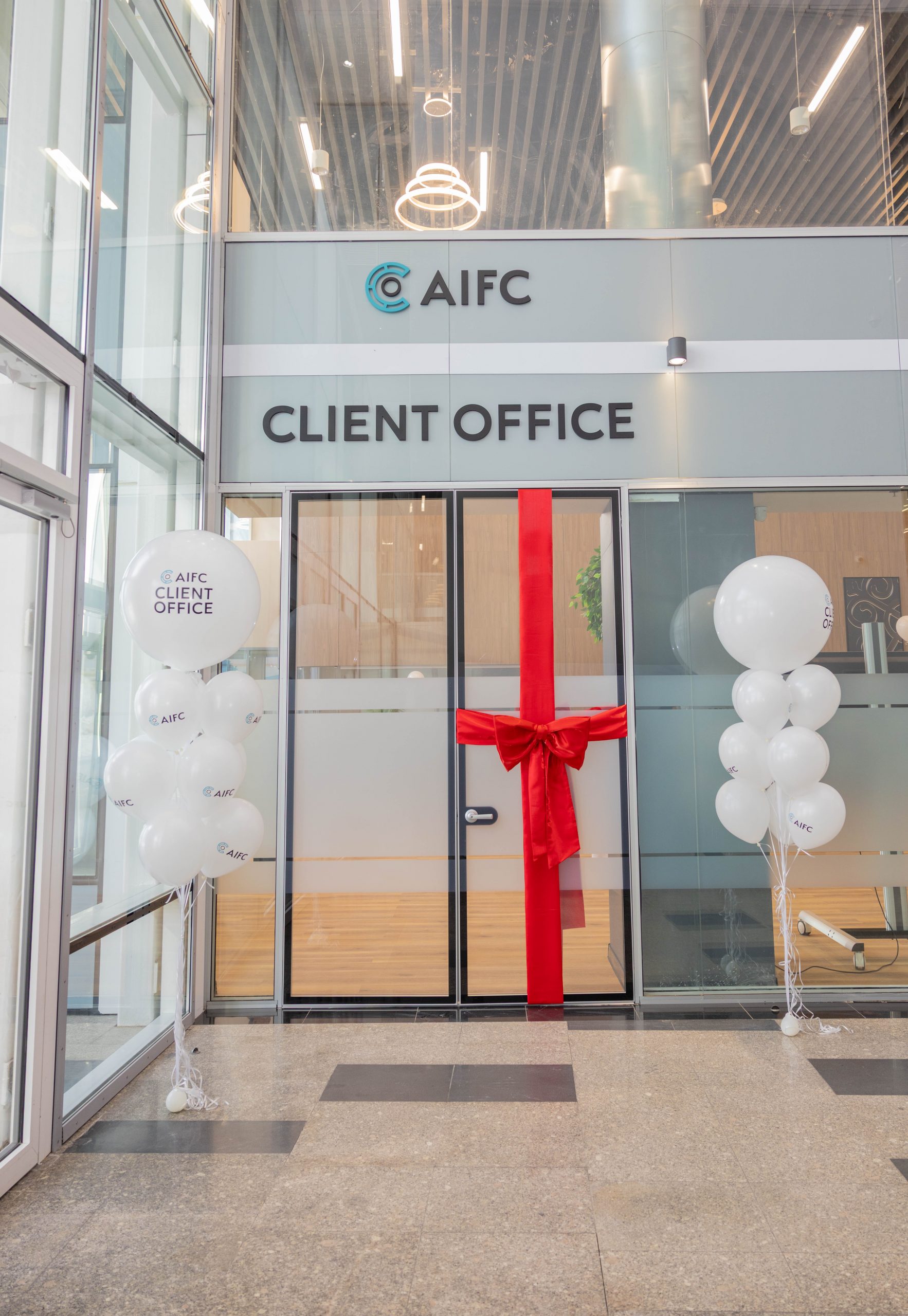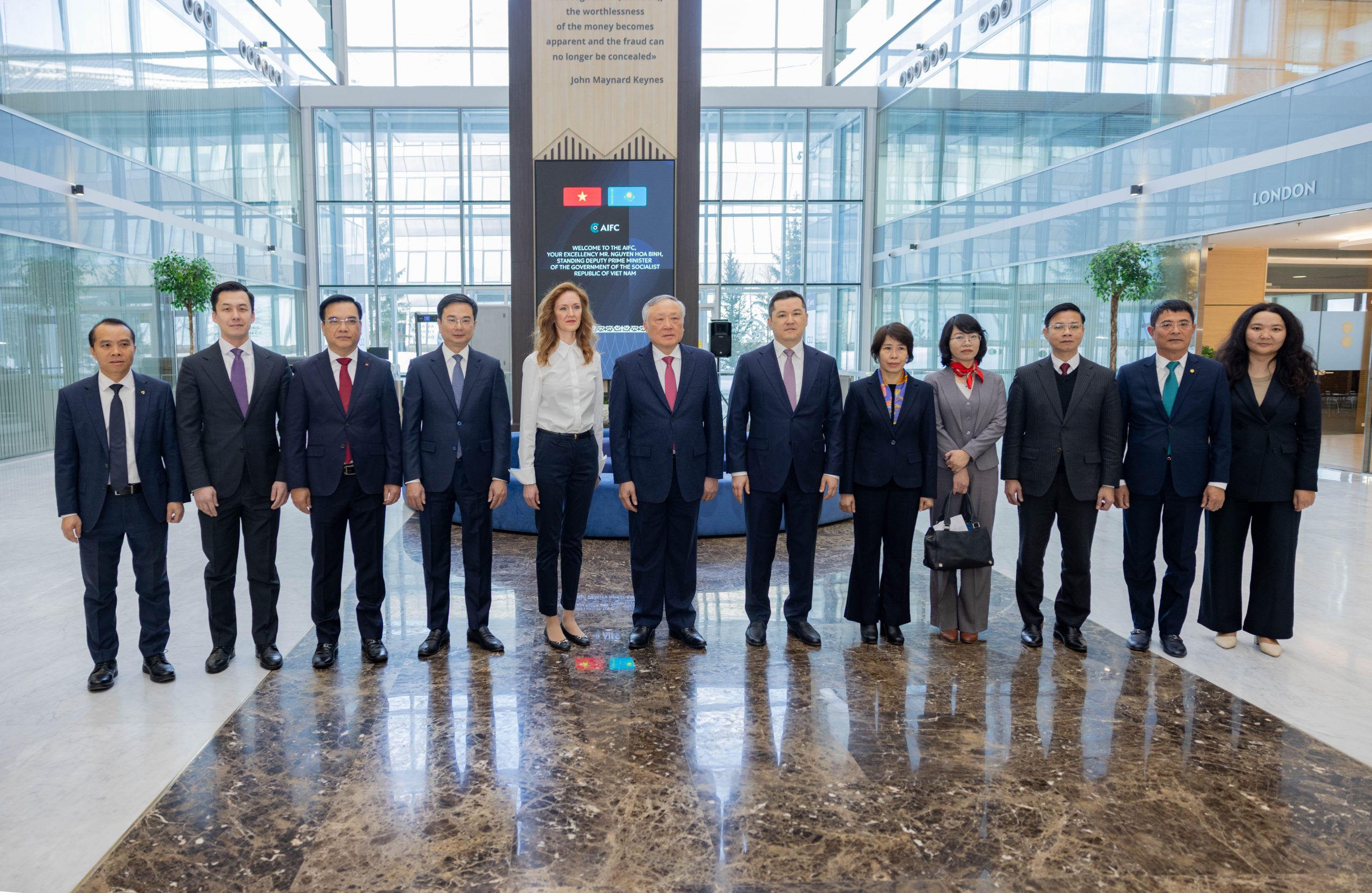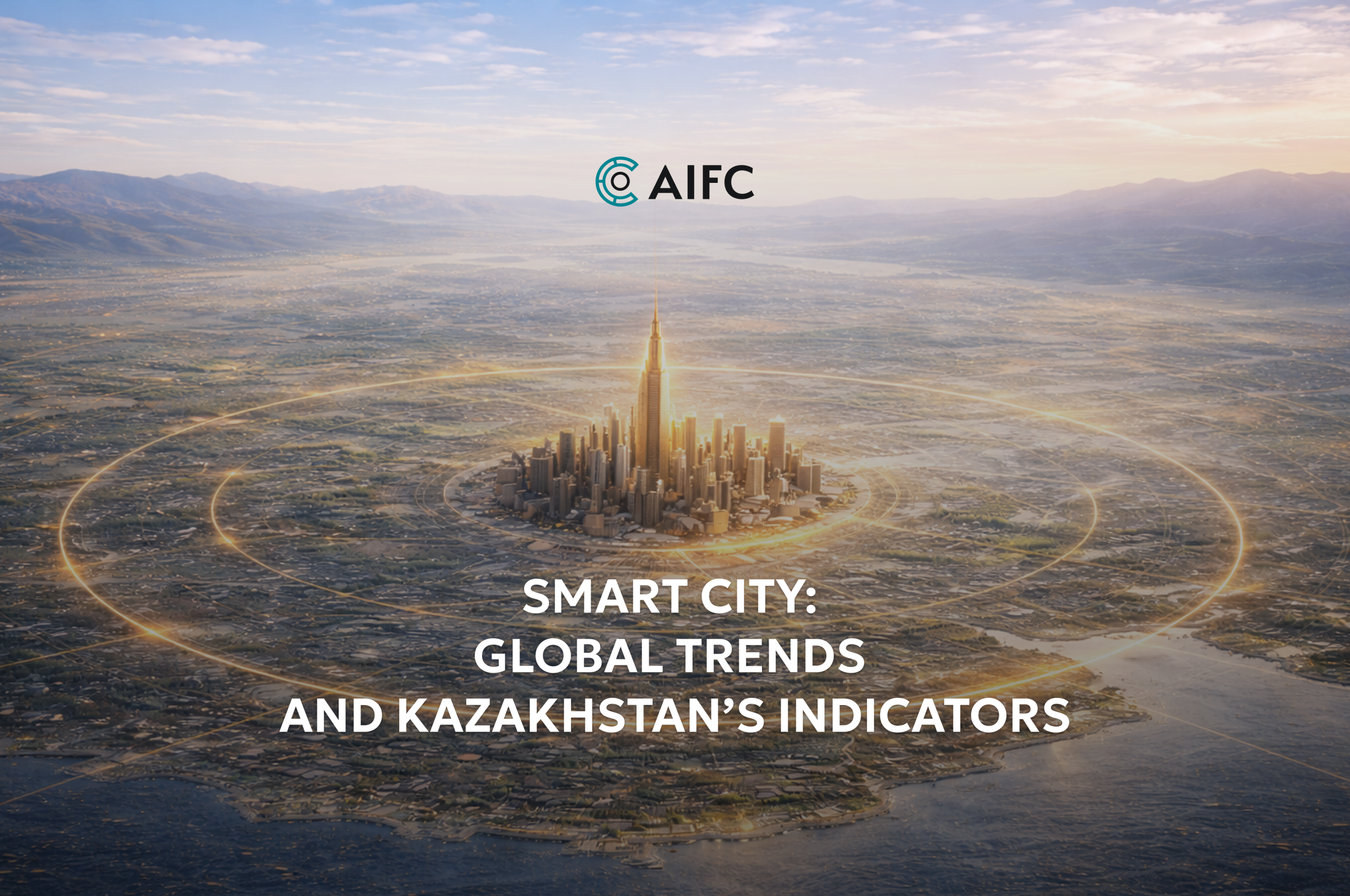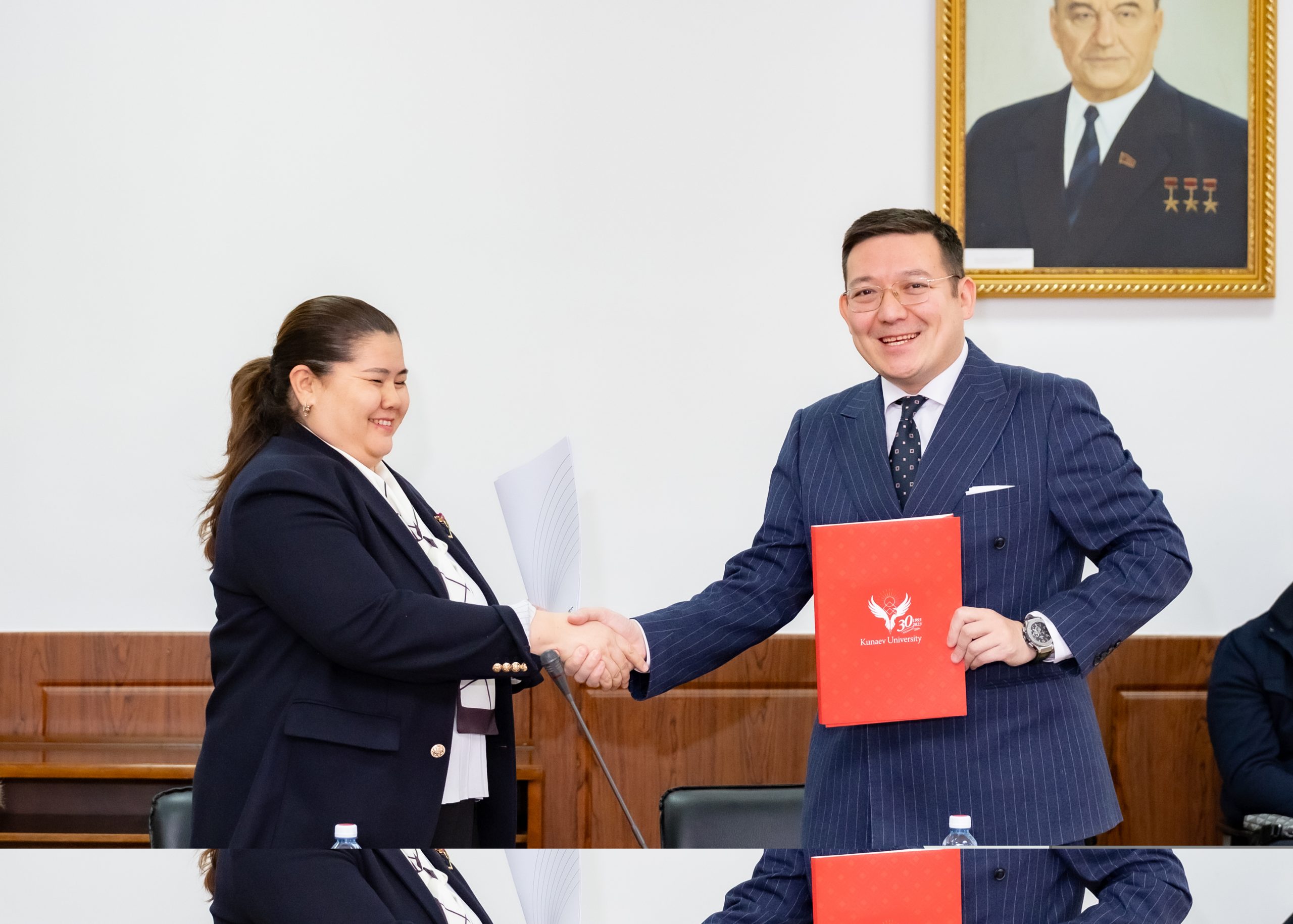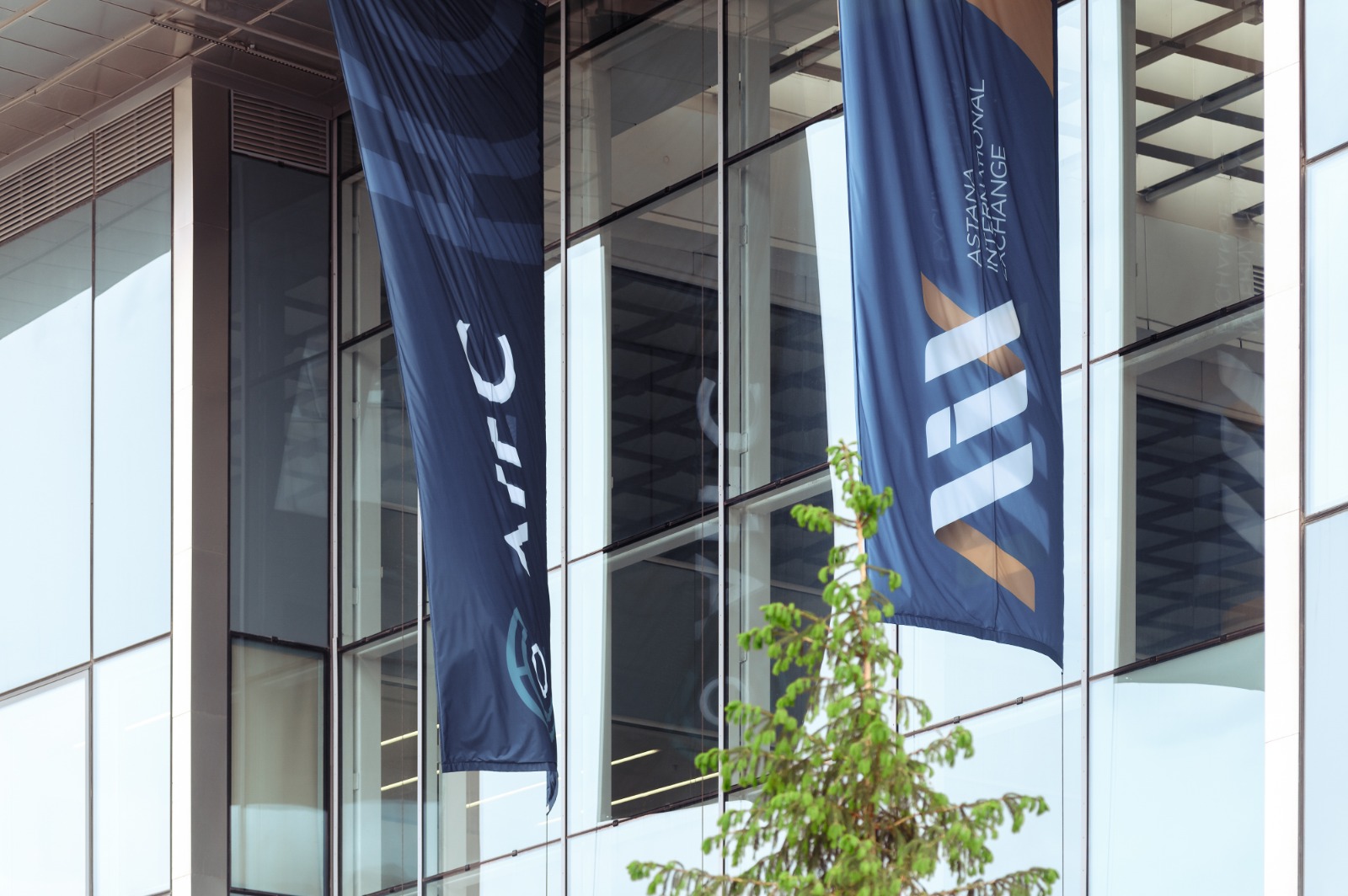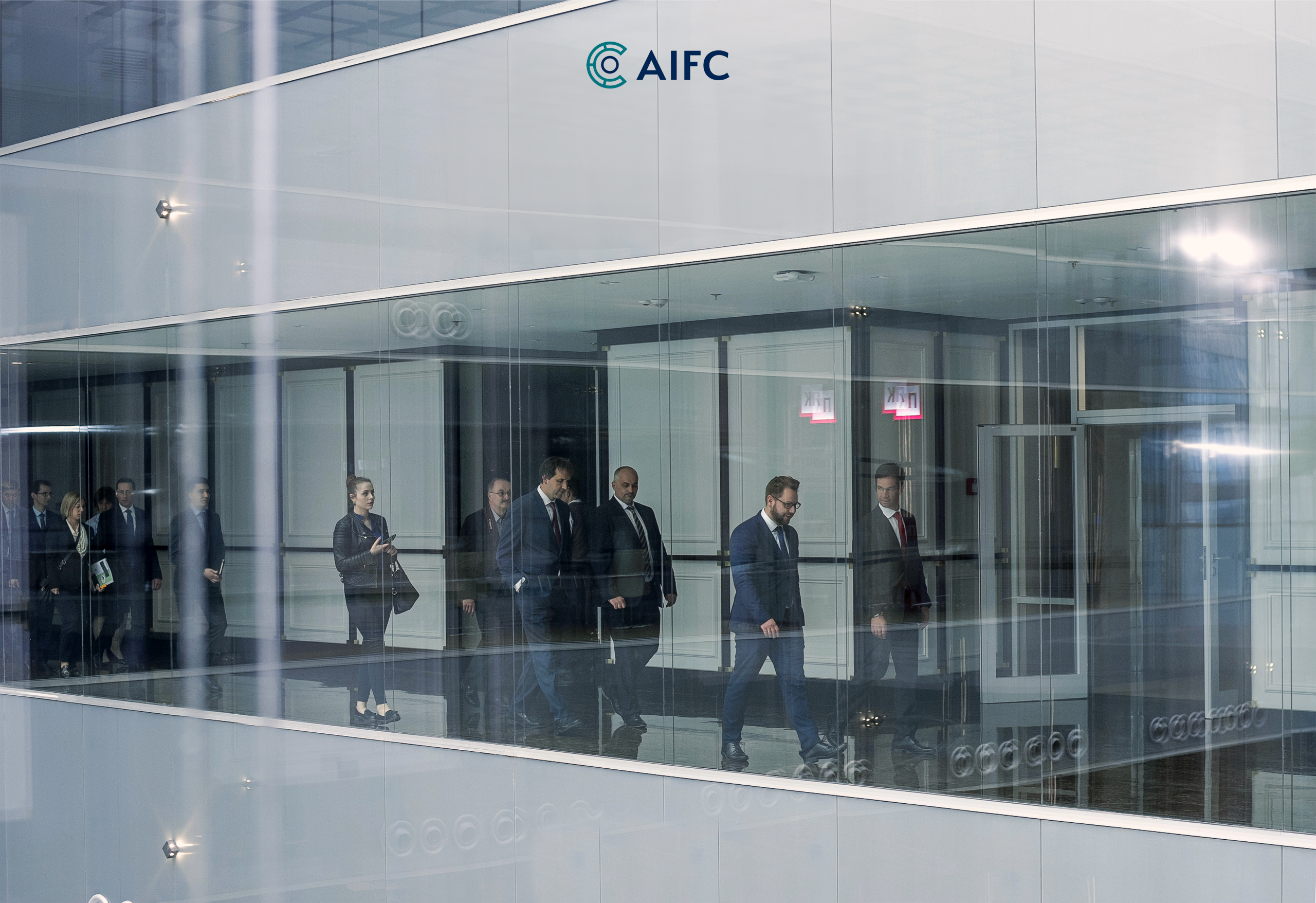Ecosystems in telecom and the new generation of mobile communications: Tech Hub AIFC held an official presentation of Corpus Telecom

The official presentation of the ecosystem research in the Kazakhstan telecom CorpUp Telecom was held in the AIFC. Corporate partners of the study – Beeline Kazakhstan and Huawei Technologies Kazakhstan, expert partners – IDC and KPMG Caucasus and Central Asian, as well as Kcell and Tele2/Altel took part in the event.
Two panel sessions were held at the event: “Ecosystems of Kazakhstan mobile operators”, as well as “Potential and use cases of 5G in Kazakhstan”.
During the first session, experts and market representatives discussed the importance of diversifying traditional telecom operator services in the face of increasing competition for subscribers, talked about the development of their own digital service ecosystems, and also shared their opinions on the role of non-traditional or non-core services in the revenue of operators in the coming years.
Speakers:
- Alexey Sharavar, Director of Change and IT Beeline Kazakhstan;
- Andrey Tikhonov, Head of Digital Business Department at Kcell;
- Konstantin Aushev, Partner, Head of Technology Practice at KPMG Caucasus and Central Asia.
Maken Ibragimov, Head of Corporate Innovation at Tech Hub AIFC, moderated this session.
Alexey Sharavar, Director of Change and IT at Beeline Kazakhstan, noted that connectivity (voice and Internet) remains the basis of Beeline Kazakhstan’s development, and the main competitive advantage of the company, which gives in-depth knowledge about users. The operator tests and launches dozens of new digital services annually to find new growth points, and the staff of Beeline Kazakhstan IT specialists already exceeds 700 people.
Andrey Tikhonov, Head of the digital business department at Kcell, believes that the development of additional services is a prerequisite for operators who do not want to turn into a banal pipe for the delivery of voice and traffic. Kcell is trying to domonetize subscriber base by providing new digital products in its super-application: e-commerce, fintech, entertainment services, etc.
Konstantin Aushev, Partner, Head of Technology Practice at KPMG Caucasus and Central Asia, noted that, in addition to new product lines and digital ecosystems, telecom operators have great potential for growth in their traditional circuit.
The deployment of private networks, the creation of infrastructure for edge computing, the launch of a new generation mobile network can provide operators with significant revenue growth.
Speakers of the second session spoke about plans to launch fifth-generation mobile networks in Kazakhstan, shared details of the auction on 5G frequencies, and also discussed potential use cases and new products in B2C and B2B, the introduction of which will be possible thanks to 5G.
Speakers:
- Aibek Nurkadir, Director of Kcell Strategic Development Department;
- Alexander Babichev, Commercial Director of Tele2/Altel;
- Dmitry Konarev, Senior Solution Architect (Fellow), Huawei Kazakhstan.
The session was moderated by Andrey Beklemishev, Vice President of IDC.
Aibek Nurkadir, Director of Kcell’s Strategic Development Department, noted the huge impact of the launch of 5G on the operator’s future strategy. The consortium of Kcell and Tele2/Altel has made commitments that involve the deployment of 5G in Astana, Almaty and Shymkent as early as 2023. 5G will appear in regional centers in 2024. In addition to the work of the operators themselves, further government measures are needed to “clear” the 5G spectrum, as well as the availability of a sufficient number of mobile devices supporting a new generation network.
Alexander Babichev, Commercial Director of Tele2/Altel, noted that fifth-generation mobile networks will cover key areas of interest for about half of the operator’s 5G devices users in Astana, Almaty and Shymkent at the end of 2023 – this is the start of the commercial launch of a new technology. He noted the importance of debunking myths about radiophobia, which prevents the construction of basic infrastructure not only for 5G, but also for existing LTE networks. The main use cases for using 5G in the near future will be fixed wireless access (FWA) and the best Internet access speeds for users of mobile products.
Dmitry Konarev, Senior Solution Architect (Fellow) at Huawei Kazakhstan, spoke about various use cases and the potential of 5G in different segments of B2C, B2H and B2B. More than six thousand AR/VR services in the field of entertainment and educational content of the Korean operator LG U+ based on 5G create a new separate stream for monetization of subscribers in the B2C segment. A common case in B2C is fixed wireless access, which provides households with fast Internet without the need for fiber. The use of 5G in B2B allowed Chinese operators to increase profits in this segment three times in just one year, bringing it to $ 1.2 billion.
Read the full version of the study and watch the recording of the panel sessions at the link: https://corpup-telecom.aifc.kz
References:
Astana International Financial Centre (AIFC) is an independent jurisdiction that started operations in 2018. In accordance with the Development Strategy until 2025, the key focus of the AIFC is to consolidate as a universal platform connecting the countries of the EAEU, Central Asia and the Caucasus. www.aifc.kz
AIFC Tech Hub is a meeting point for global startups, entrepreneurs, corporations, investors, leading industry experts, and specialists. The development of technologies in the AIFC covers programs to support startups, corporate innovations, and the venture capital market as well as specially developed rules and a regulator that allows testing products and solutions in technology. https://tech.aifc.kz
Beeline Kazakhstan is the leader in the number of subscribers in the country and part of the VEON group (Amsterdam). Beeline is a successful company with the ambitions of a young startup and a culture of entrepreneurship. In recent years, Beeline has undergone a transformation from a traditional “telecom operator” into a technology company. Following the strategy of a digital operator, Beeline develops many digital services. The company’s portfolio includes the country’s first neobank Simply, music streaming hitter, mobile television BeeTV, as well as solutions for businesses and large industrial enterprises – from IoT (Internet of Things) to Private LTE (private cellular networks). https://beeline.kz
Huawei is a leading global supplier of infocommunication and infrastructure solutions, as well as smart devices. The main areas of its work are telecommunications networks, information technology, smart devices and cloud services, while Huawei strives to make digital technologies accessible to both businesses and end users, thereby bringing the creation of an intelligent, perfect world of communication closer. https://www.huawei.com
